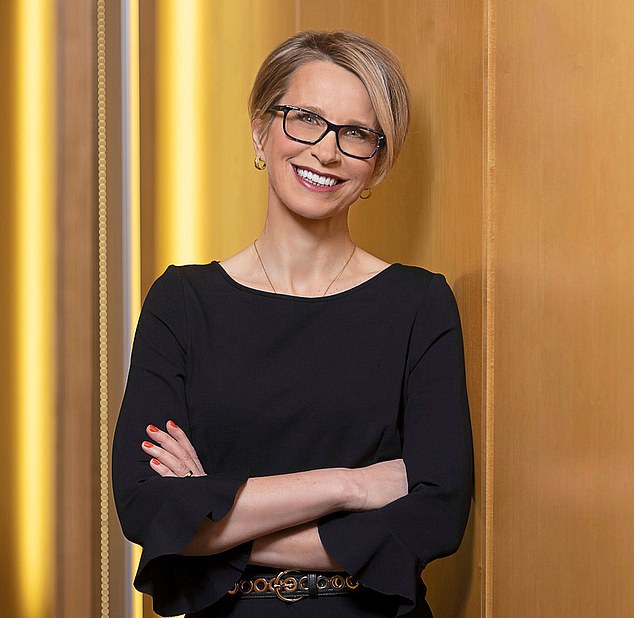Haleon has lived in the shadows since it was spun off from drugs giant GlaxoSmithKline in 2022. But now the consumer healthcare firm, whose brands include Sensodyne, is on the lookout for acquisitions, with the obvious target Kenvue.
The US firm is most famous for its Tylenol pain-killing range, Band-Aid plasters and Listerine mouthwash – and was spun out of pharma group Johnson & Johnson in 2023.
Despite shaking off activist investors Kenvue is under pressure to offload underperforming brands as its shares continue to lag.
A deal between the British and US firms, mooted by City analysts, would create a global powerhouse.
But there are obstacles, with any tie-up likely to attract the attention of competition authorities. But over-the-counter products such as painkillers are often local so Tylenol doesn’t directly compete with Haleon’s Panadol or Voltarol.
Smaller bolt-on deals are also in the pipeline, all of which marks a remarkable turnaround for Haleon, which after its spin-off was saddled with debt of four times earnings.

Dealmaker: GSK boss Emma Walmsley spun off Haleon in July 2022
Its subsequent flotation on the London Stock Exchange, led by GSK boss Emma Walmsley, was meant to release value for shareholders and allow GSK to focus on its ground-breaking vaccines and new medicines.
Haleon’s medicines, such as Panadol and Tums, may be less high-tech than respiratory and shingles vaccines, but they are the first thing that consumers reach for when feeling queasy.
At first Haleon’s share price languished in the FTSE 100 index of leading firms. But now valued at £30 billion it has slashed its borrowings to £7 billion, and GSK and Pfizer are off the share register after running down their stakes.
US-born chief executive and GSK veteran Brian McNamara has lifted growth from 4 per cent to 6 per cent a year, and organic growth, particularly in underexploited markets such as India and Latin America, is his priority. The group has set itself a target of reaching one billion consumers by 2030.
Haleon’s greatest strength is oral health. Sensodyne is popular in emerging markets, notably India, due to its pain soothing qualities in countries where professional dentistry can be scarce. It is now looking at vitamin supplements based on its Centrum range to help users of trendy weight loss drugs keep bone and muscle.
A takeover or merger with Kenvue could take it to a new level. But such deals are laced with risk, as Reckitt Benckiser’s ill-fated £12 billion takeover of US baby formula group Mead Johnson showed.
DIY INVESTING PLATFORMS

AJ Bell

AJ Bell
Easy investing and ready-made portfolios

Hargreaves Lansdown

Hargreaves Lansdown
Free fund dealing and investment ideas

interactive investor

interactive investor
Flat-fee investing from £4.99 per month

InvestEngine

InvestEngine
Account and trading fee-free ETF investing
Trading 212
Trading 212
Free share dealing and no account fee
Affiliate links: If you take out a product This is Money may earn a commission. These deals are chosen by our editorial team, as we think they are worth highlighting. This does not affect our editorial independence.
Compare the best investing account for you
#GSK #spinoff #Haleon #eyes #Tylenol #takeover
















